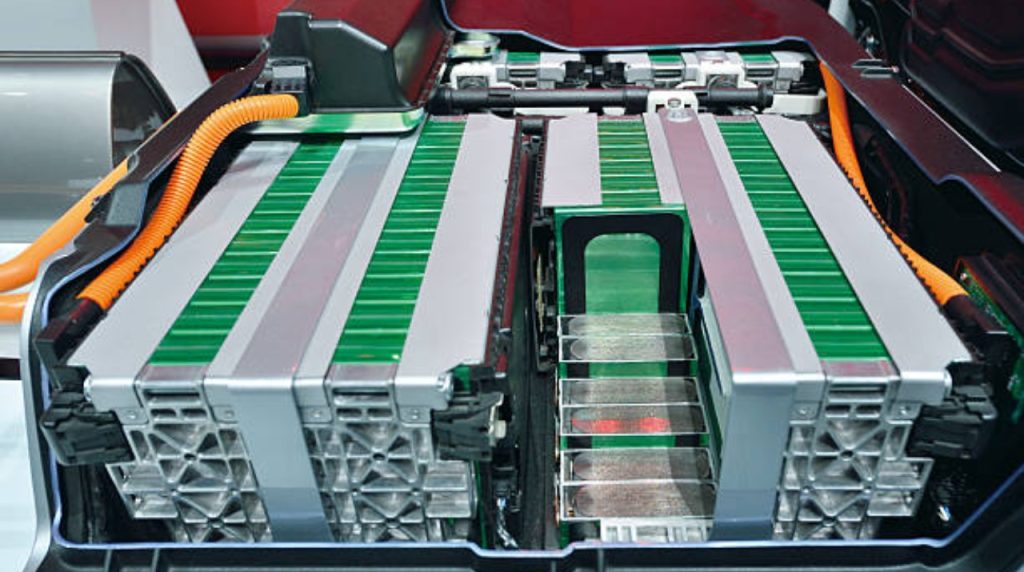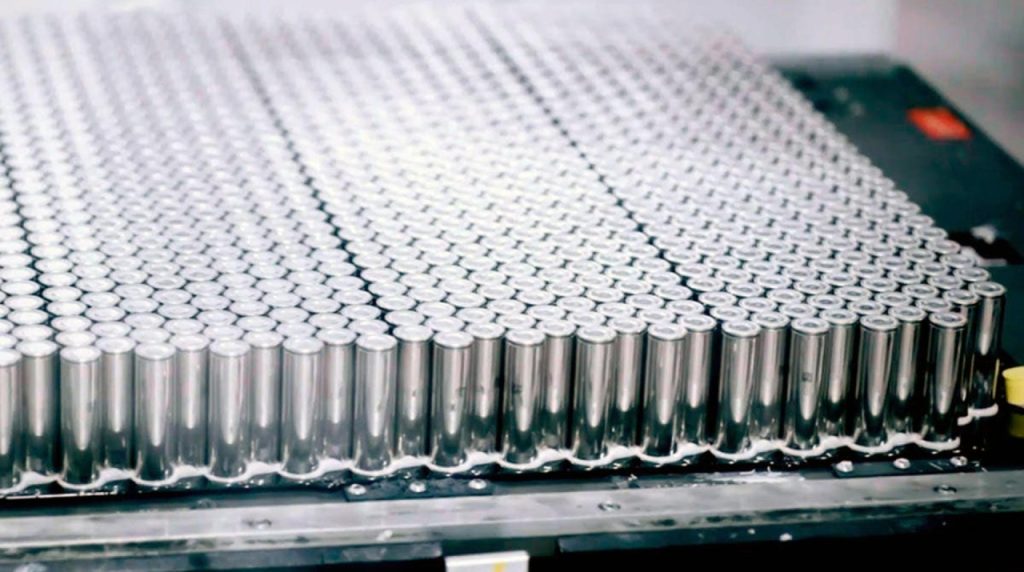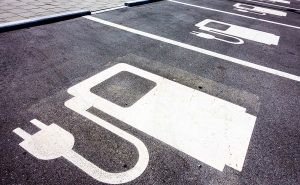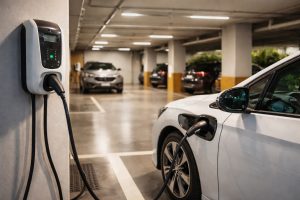
Geotab: Battery Life of Electric Vehicles Improves by 22%

Geotab, a leading company in connected transportation solutions, has analyzed the condition of the batteries in nearly 5,000 electric vehicles, from both fleets and individual users, to assess their performance under everyday use.
The results highlight that batteries degrade by an average of 1.8% per year, representing a 22% improvement compared to 2019.
In Geotab’s previous analysis, the annual battery degradation rate for electric vehicles was 2.3%.
This rate of degradation is slower when compared to the transmission components of internal combustion engines.
Related content: Geotab: Chile has an Organized, Dynamic, and Exemplary Market in Latin America
Geotab: More Battery Insights
Battery degradation is an inevitable process that permanently reduces the energy storage capacity or the power they can deliver.

However, electric vehicle batteries typically generate more power than the propulsion system components can handle.
For this reason, the loss of power in electric cars is almost imperceptible, and the main aspect affecting their performance is the reduction in storage capacity.
According to Geotab, most batteries will outlast the vehicle’s lifespan, estimated at 20 years or more, without needing replacement.
At an average degradation rate of 1.8% per year, a typical battery would retain more than 80% of its capacity after 12 years, which exceeds the usual lifespan of fleet vehicles.

“It’s not just about reducing carbon emissions and fighting climate change, but also about leveraging the economic and technological advantages that electric vehicles offer,” said Iván Lequerica, Vice President for Southern and Western Europe at Geotab.
“Understanding their capabilities and limitations allows us to make informed, strategic decisions. For example, knowing the real range of EVs, charging times, and available infrastructure is key to planning their integration into commercial fleets and the broader automotive market,” he concluded.





